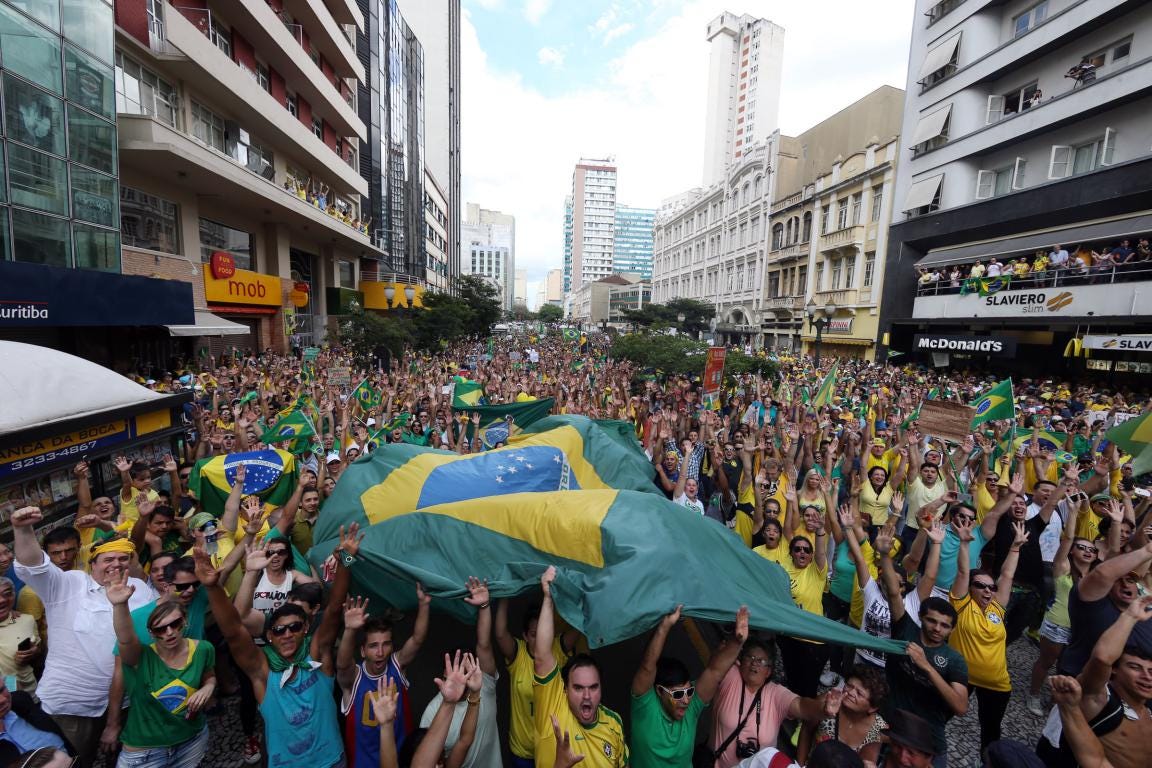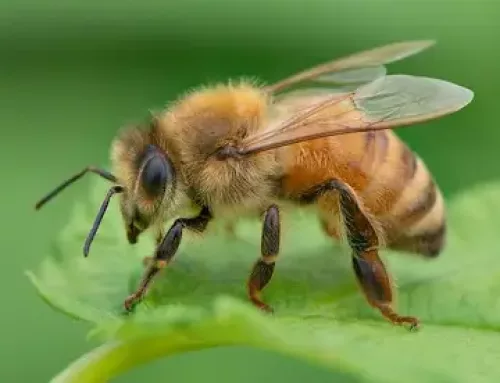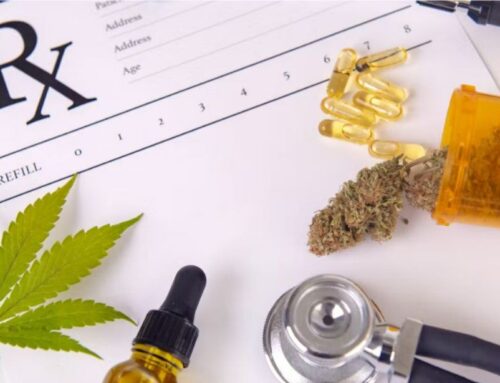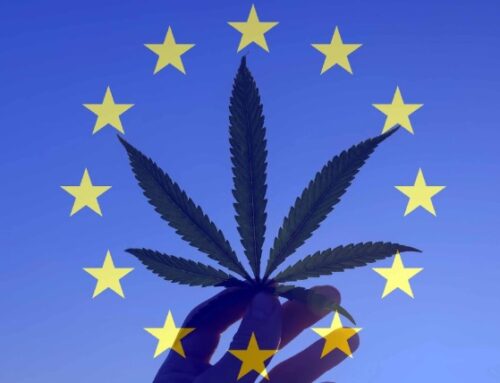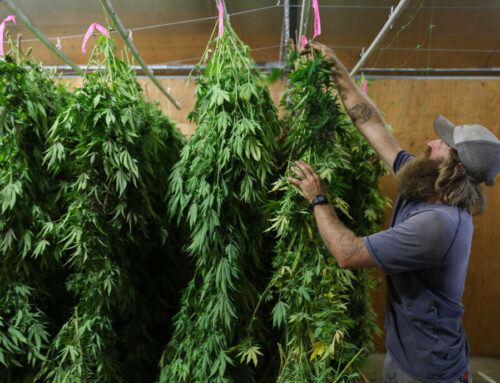Brazil’s Supreme Court Decriminalizes Cannabis Possession for Personal Use
LOS ANGELES- Brazil’s Supreme Court has voted to decriminalize the possession of cannabis for personal use, marking a significant change in the country’s drug policy. This decision, reached after deliberations that began in 2015, reflects a shift towards addressing inequities in Brazil’s criminal justice system. While the sale of cannabis remains illegal, the ruling focuses on personal use, though specifics regarding the maximum allowable amount and the effective date are still pending.
Legal and Social Implications
The court’s decision aims to rectify issues arising from a 2006 law that attempted to impose alternative penalties for small drug possession but was ambiguously enforced, leading to frequent arrests for trafficking. This ambiguity contributed to the growth of Brazil’s prison population, which is the third largest in the world. Approximately 25% of inmates are jailed for drug possession or trafficking, with a disproportionate number being Black citizens.
Ilona Szabó, president of the Igarapé Institute, highlighted the impact of these policies: “The majority of pre-trial detainees and those convicted of drug trafficking in Brazil are first-time offenders, who carried small amounts of illicit substances, caught in routine police operations, unarmed and with no evidence of any relationship with organized crime.”
Legislative Tensions
Brazil’s Congress is currently considering tighter drug legislation, potentially conflicting with the Supreme Court’s ruling. Senate President Rodrigo Pacheco emphasized the legislative process’s role in determining drug policy, stating, “There is an appropriate path for this discussion to move forward and that is the legislative process. It is something that, obviously, arouses broad discussion and it is a subject of preoccupation for Congress.”
The Supreme Court’s decision aligns with broader trends in South America. Uruguay fully legalized cannabis for recreational use in 2013, and countries like Colombia, Ecuador, Peru, and Argentina have decriminalized possession while keeping sales illegal. Argentina decriminalized personal use in 2009, although enforcement has been inconsistent. In Venezuela, both distribution and possession remain illegal.
Brazil allows restricted medicinal use of cannabis and has authorized some patients to grow it for medical treatment. The decriminalization decision is seen as a progressive step towards treating drug use as a public health issue rather than a criminal one. Leftist lawmaker Chico Alencar praised the ruling, stating, “An advance in drug policy in Brazil! This is an issue of public health, not security and incarceration.”
As Brazil navigates this significant policy shift, the Supreme Court’s decision could pave the way for more comprehensive drug reforms, balancing legal frameworks with public health considerations.











